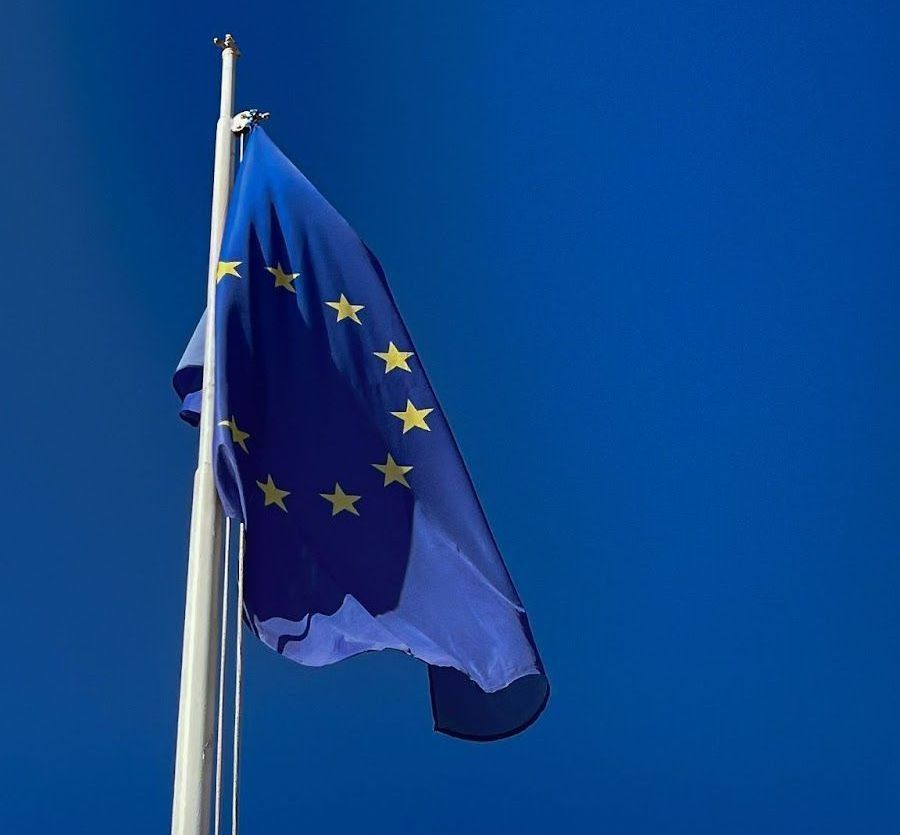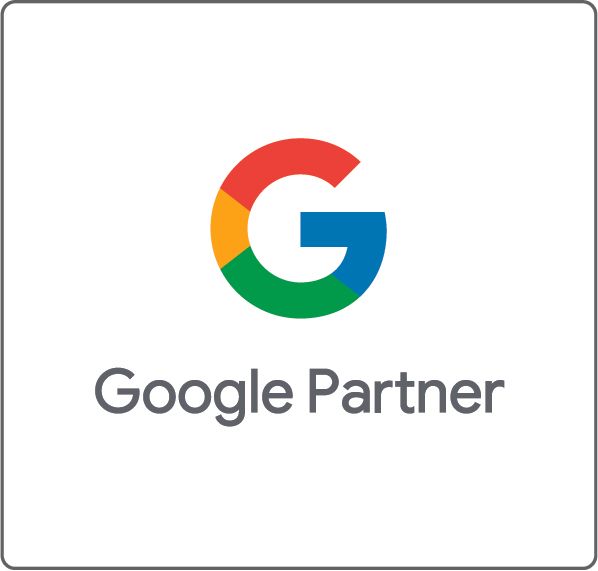Attempts to Regulate AI
Since ChatGPT launched in November 2022, AI has swept the internet by storm. This fast-paced evolution of technology is an unprecedented event, surprising lawmakers around the world. Currently, international governments are racing around the clock to create legislation that will regulate AI. Without any protection surrounding AI, the technology continues to progress without limitations. In recent news, multiple governments have begun to take action against the power of Artificial Intelligence.
E.U. Stays True to Its Reputation
The European Union is known for its quick response to global issues; AI is no different. As of June 2023, they are leading the charge in the regulation of AI. The E.U. has produced a draft law known better as the AI Act. Restriction of AI’s more dangerous features is the prevailing goal of this proposal. What is considered a “risky” feature is up for debate, but for now the term refers to the use of facial recognition software, AI sites’ data, and what industries are allowed to use AI.
The AI Act is not expected to be finalized until the end of 2023, but the E.U. is ahead of other major governments, including the U.S. This draft law is attempting to pull back the curtain on AI by boosting its transparency. One of the mandates detailed in the Act explains that AI sites will have to provide a robust description of any copyrighted materials they use to generate their data. On top of that, sites will be required to filter and prevent illegal content.

Rules regarding copyright are just one part among other provisions written. The E.U. set further guidelines for tackling the aspects of society that create the greatest risk for harm. More AI regulations will be put into effect for areas of greater risk, such as the legal system, vital infrastructure, and public services. However, debate surrounds the draft law as many individuals believe it is not specific enough.

One of the areas of contention is facial recognition software. The European Parliament put a stop to using live facial recognition, but questions are surfacing about whether this includes cases of law enforcement or national security. Building upon that, the government also included preventative measures to stop companies from sweeping social media for biometric data.
The journey of the AI Act is far from complete. The draft law must be revised and sent through three branches of government. All three parties, the European Parliament, the European Commission and the Council of the European Union, need to agree on the AI Act in its entirety before it can be passed. Stay tuned for more information.
Italy Takes Immediate Action
Italy, a member state of the E.U., took swift action against ChatGPT in March. The country announced a temporary ban on the AI site for allegedly violating data privacy laws. Italian regulators maintain that ChatGPT unlawfully collected user data. Until the site reformed its data collection, the Italian government continued to bar ChatGPT from operating in the nation-state. A spokesperson for the company detailed that they have complied with the regulator’s request and remain committed to protecting user data. They went on to say it is their belief that ChatGPT complied with the necessary data laws, although the Italian government seemed to disagree
Italy’s Data Protection Agency (GPDP) released a statement clarifying that ChatGPT does not possess lawful justification for collection of user information. The GPDP is also concerned that OpenAI, ChatGPT’s parent company, fails to address underage access to the AI service. The regulators argue that the absence of safety mechanisms endangers minors with unsuitable content for their age.
This is not the first time Italy banned an AI site. In February, Italian regulators announced that Replika.ai, a chatbot, would be taken down. There was scrutiny over inappropriate content associated with Replika.

Unlike Replika, the ban on ChatGPT was lifted. OpenAI, the parent company of ChatGPT, made changes to their site in order to appease the GPDP. By April 2023, ChatGPT met the requirements detailed above, which allowed them to return to the Italian market. ChatGPT maintains their statement of dedication to data protection. While this is a win for the company, it is only the beginning of legal issues for AI sites. Countries from Canada to Spain are establishing or considering establishing investigations into ChatGPT; Italy has just set the trend.
The fate of AI is up for debate, but you can be sure to hear about it on our
blog! Stay tuned for updates that may affect you!



Address
4 Corporate Drive,
Clifton Park, NY 12065
Shopper and Marketing Insights to Your Inbox!
Sign up with your email address to receive updates and insights from the SparkShoppe team!
Newsletter footer
We will get back to you as soon as possible.
Please try again later.
We support your right to privacy and therefore will not disclose your personal data to other organizations, third party vendors, suppliers or marketers.
© 2024 All Rights Reserved | Privacy Policy | Accessibility Statement













